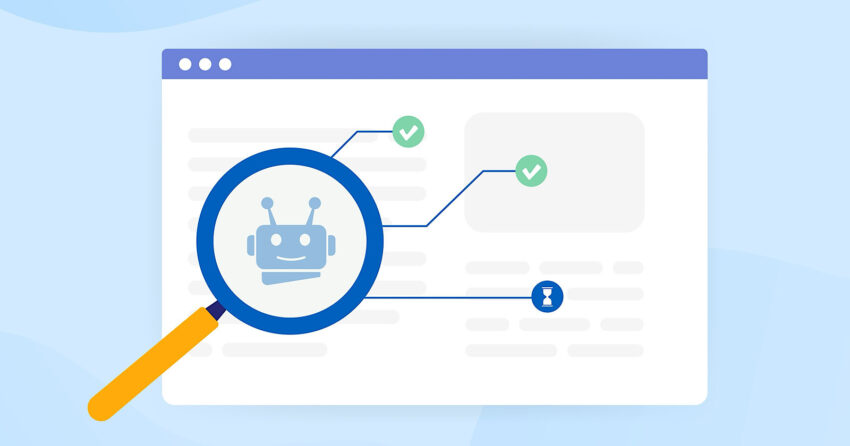In a LinkedIn put up, Gary Illyes, an Analyst at Google, reiterated long-standing steering for web site house owners: Use the robots.txt file to forestall net crawlers from accessing URLs that set off actions like including objects to carts or wishlists.
Illyes highlighted the frequent criticism of pointless crawler site visitors overloading servers, typically stemming from search engine bots crawling URLs supposed for consumer actions.
He wrote:
“ what we’re crawling from the websites within the complaints, manner too typically it’s motion URLs comparable to ‘add to cart’ and ‘add to wishlist.’ These are ineffective for crawlers, and also you seemingly don’t need them crawled.”
To keep away from this wasted server load, Illyes suggested blocking entry within the robots.txt file for URLs with parameters like “?add_to_cart” or “?add_to_wishlist.”
For example, he suggests:
“You probably have URLs like:
https://instance.com/product/scented-candle-v1?add_to_cart
and
https://instance.com/product/scented-candle-v1?add_to_wishlistYou must most likely add a disallow rule for them in your robots.txt file.”
Whereas utilizing the HTTP POST methodology also can forestall the crawling of such URLs, Illyes famous crawlers can nonetheless make POST requests, so robots.txt stays advisable.
Reinforcing A long time-Outdated Finest Practices
Alan Perkins, who engaged within the thread, identified that this steering echoes net requirements launched within the Nineties for a similar causes.
Quoting from a 1993 document titled “A Customary for Robotic Exclusion”:
“In 1993 and 1994 there have been events the place robots have visited WWW servers the place they weren’t welcome for varied causes…robots traversed components of WWW servers that weren’t appropriate, e.g. very deep digital timber, duplicated info, non permanent info, or cgi-scripts with side-effects (comparable to voting).”
The robots.txt normal, proposing guidelines to limit well-behaved crawler entry, emerged as a “consensus” resolution amongst net stakeholders again in 1994.
Obedience & Exceptions
Illyes affirmed that Google’s crawlers totally obey robots.txt guidelines, with uncommon exceptions completely documented for eventualities involving “user-triggered or contractual fetches.”
This adherence to the robots.txt protocol has been a pillar of Google’s net crawling insurance policies.
Why SEJ Cares
Whereas the recommendation could seem rudimentary, the re-emergence of this decades-old finest apply underscores its relevance.
By leveraging the robots.txt normal, websites may help tame overzealous crawlers from hogging bandwidth with unproductive requests.
How This Can Assist You
Whether or not you run a small weblog or a significant e-commerce platform, following Google’s recommendation to leverage robots.txt for blocking crawler entry to motion URLs may help in a number of methods:
- Lowered Server Load: You may cut back pointless server requests and bandwidth utilization by stopping crawlers from hitting URLs that invoke actions like including objects to carts or wishlists.
- Improved Crawler Effectivity: Giving extra express guidelines in your robots.txt file about which URLs crawlers ought to keep away from can result in extra environment friendly crawling of the pages/content material you need to be listed and ranked.
- Higher Consumer Expertise: With server sources centered on precise consumer actions reasonably than wasted crawler hits, end-users will seemingly expertise sooner load occasions and smoother performance.
- Keep Aligned with Requirements: Implementing the steering places your web site in compliance with the extensively adopted robots.txt protocol requirements, which have been trade finest practices for many years.
Revisiting robots.txt directives might be a easy however impactful step for web sites trying to exert extra management over crawler exercise.
Illyes’ messaging signifies that the traditional robots.txt guidelines stay related in our trendy net surroundings.
Featured Picture: BestForBest/Shutterstock

